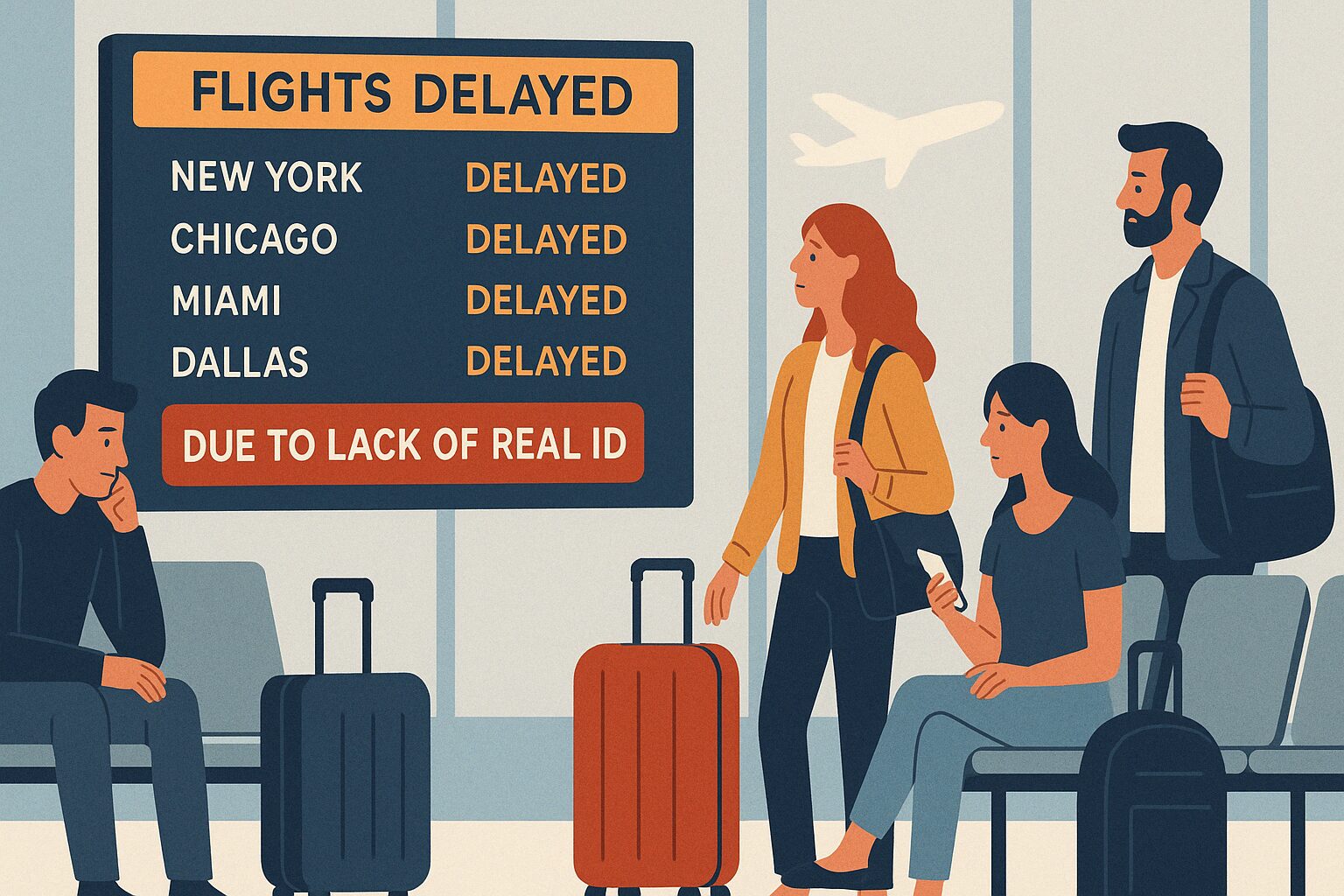Intergenerational travel, the increasingly popular trend of multiple generations of a family embarking on vacations together, is being embraced more within the Asia-Pacific (APAC) region. It was found that almost half (48%) of travellers in this region have plans of venturing on such trips in the coming year. This concept extends beyond mere spending time together; it is viewed through various prisms of meaning and significance by different individuals. For a significant lot (47%), it is a brilliant opportunity to create precious memories and bond with their kin. Around 39% are attracted to the chance it presents to interact with far-flung family members. Switching from roles to activities, the concept attracts 34% of the respondents because it offers a variety of activities catering to the interests of all age groups.
The rapid advancement in technology has facilitated planning such trips smoother. Contrary to popular belief, the field of artificial intelligence has gone far beyond being a buzzword. It serves as a useful tool in planning family trips better by considering and adapting to varying preferences across different generations in family. For instance, the artificial intelligence-enabled trip planner is a tool now offered, which provides travel inspiration to planning a tailor-made itinerary and thus streamlining the process for all travellers. The appeal of such tools is evident in the rapidly growing user numbers, with up to 61% of families planning to utilise artificial intelligence tools for their travel requirements in 2024.
An important factor which families often consider is the selection of the perfect accommodation. The factors dominating these considerations encapsulate affordability, nearby attractions, and availability of food and beverage outlets on-site, with 41%, 29%, and 27% of families considering these respectively. Interestingly, these requirements greatly dependent on the origin of the traveller. Travellers from New Zealand and India express a preference for larger, multi-bedroom suites, allowing them to collectively stay in a single large setting. On the contrary, travellers from Japan and China opt for more functional, smaller rooms valuing cosiness over the space available.
Keeping in view these varying inclinations, it becomes essential for travel providers to offer a flexible itinerary that adequately caters to these different interests and energy levels. This can be ensured via group tours that involve both together-time and individual experiences catering to different interests. One tactic that has been found beneficial is offering “skip-the-line” passes that reduce waiting times, thus allowing for a packed day with a wide variety of activities.
Attention to the health and wellness of all family members is also a crucial part of the planning. Studies show that safety and health considerations are crucial for about one-third (30%) of all APAC travellers. On-demand services such as travel nannies, baby/child sitting arrangements at accommodations, and on-site medical support are greatly appreciated tools that are increasingly being incorporated into these plans.
The hyper-connected world of today has opened up a multitude of travel inspirations for intergenerational families to browse through, popular platforms being Pinterest boards and Instagram collections. These shared digital spaces serve as excellent opportunities for travel providers to tap into, for example, through curated content that could include destination guides, activity recommendations and even travel hacks.
This rising interest in intergenerational travel in APAC indicates a significant shift towards more inclusive, flexible and personalised travel experiences. Families across the region are collectively realising the essence of travelling together, redefining the concept of journeying together, and what it truly signifies.




